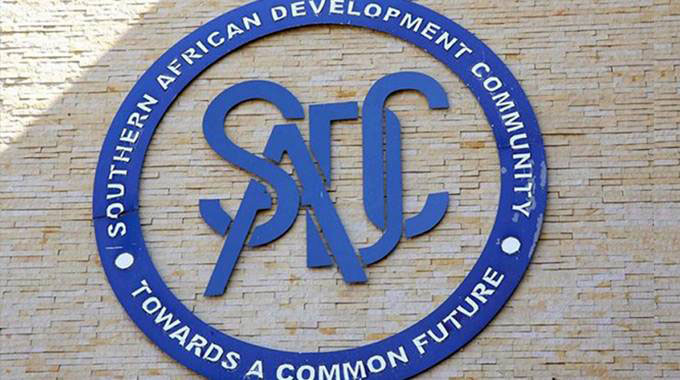Sadc ministers approve extension of trade scheme

Bulawayo Bureau
THE Committee of Ministers of Trade (CMT) of the Southern African Development Community (Sadc) has approved extension of the implementation of the Trade Facilitation Programme (TFP) for the period 2020-2030 in line with the revised Regional Indicative Strategic Development Plan (RISDP).
The TFP was initially approved in March 2016 to advance and consolidate the Sadc Free Trade Area.
The need to ensure that activities contained in the TFP are mainstreamed into national plans to support implementation, industrialisation, regional integration, and mobilisation of the resources came to the fore when the CMT met at the end of July this year.
The approval also buttresses the implementation of category B and C of the World Trade Organisation Agreement on Trade Facilitation, said Sadc in a latest update.
“It is expected that the progressive roll-out and implementation of the TFP will allow member States to implement these activities, which were not implemented or were implemented partially due to resource constraints,” said the bloc.
“The Sadc TFP is aimed at increasing intra-regional trade flows by supporting trade facilitation, strengthening capacities for streamlining border processes and monitoring and resolving non-tariff and technical barriers to trade.”
Sadc has also noted that implementation will be at the Secretariat level, which will ultimately lead to improving the ease of doing business in the 16-member sub-region.
The programme further promotes implementation of the European Union (EU)-Sadc Economic Partnership Agreement (EPA).
According to the bloc, the extension of the Sadc TFP would help overcome some of the challenges affecting intra-regional trade in the region, such as supply-side constraints, the high cost of trading among member States prompted by poor infrastructure, restrictive practices, delays in clearing procedures for imports and exports, complex Rules of Origin and inefficient transit traffic issues, and the proliferation of Non-Tariff Barriers to Trade (NTBs).
“Sadc member States have not been participating in the higher-end of the global value chains, with exports consisting mainly of commodities and unprocessed products, which create few employment opportunities and do not boost economic growth,” said the bloc.
“This is partly due to challenges regarding compliance of standards and the difficulties in accessing international markets.”
By developing a more favourable trading environment through TFP, Sadc said its member States will be able to better compete in the various market places, enhance intra-regional trade and integrate faster in global value chains, creating wealth, jobs and additional government revenues.
Part of the activities contained in the Sadc TFP is supported by a €15 million package from the EU for the period 2019-2024 under the 11th Economic Development Fund (EDF), which commenced in September 2019.









Comments